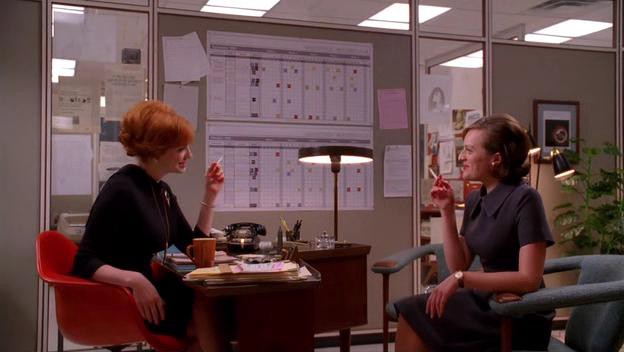The Unintended Consequence Of Endless Workdays: Gentrification

It’s no mystery to me why people want to live in cities rather than commute in from the suburbs: cities tend to be dense with exciting, vibrant things including food & wine, music, movies, theater, nightlife, parks, museums, free events, and stores that stay open past 6:00 PM. Cities have people in them! Sometimes people are dangerous — they push you out of their way in crosswalks or, far worse, onto the subway tracks — but for the most part people are a neutral or even helpful part of the landscape.
Cities are also where the jobs cluster, which means if you live in town, you can get to your place of business faster. This is another “duh”: of course people generally prefer short, efficient commutes, whereas “longer commutes make people unhappier and more anxious.” Our jobs eat up enough of our days. An additional hour tacked onto each end spent sitting in traffic or squeezed in among strangers on a bus can feel like a maddening imposition.
That’s especially true if we have kids we want to hang out with / need to take care of waiting at home, not to mention “second shift” housework and chores we have to get done.
The suburbs may be relatively safe and spacious, but they’re also more homogenous, kind of dull, and take longer to get to. People who can afford to avoid them — and instead turn a huge city into their kid’s backyard — will often do just that.
But hey, if science wants to back up what seems obvious with research, I have no objection.
centrality, however cramped, is worth something. But identifying just what it is about centrality that’s become so attractive to the well-off young households that might once have preferred more space in the suburbs is an ongoing question, and one that bears on the forces of gentrification and crises of affordability that challenge so many cities today. Among the ineffable thrills of urban life, is there a particular amenity to centrality urban planners can point to and say — that thing, there?
A group of economists has submitted an intriguing answer: a “reduced tolerance for commuting.” As well-educated, high-income, dual-breadwinner households have put in longer hours at the office, they’ve likewise become starved for free time. And since a shorter trip to work is one of the simplest ways to make up for lost time, they’re willing to pay handsomely for it, as reflected in the soaring prices of centrally located homes.
Yesterday’s yuppies, who were more likely to have wives at home, fled. Today’s yuppies, who are more likely to be two-earner couples who each must put in long hours, are more likely to try to stay. An interesting point raised in this article, though, is that one unintended byproduct of this shift is the gentrification of urban neighborhoods.
“This paper proposes that the roots of gentrification can be found in the shrinking leisure of high-income households. This time scarcity, we hypothesize, has propelled centrality to the top of the local amenities list.”
Because white-collar jobs, especially high-skilled ones, are demanding more of their employees, employees try to find housing near their offices to keep up with their jobs — and that means often displacing longtime, lower-income residents. That’s why you need to earn $130K a year to afford a one-bedroom rental in Manhattan and prices are likewise unreasonable in the nearby parts of Brooklyn and Queens.
After a recent break-up, [Lynn, a graphic designer] decided to pursue her dream to live alone for the first time, preferably in a one-bedroom for under $1,500 a month.
“I’ve been seeing all the crappy places New York has to offer,” said Lynn, who requested DNAinfo use only her middle name. Two studios she looked at in her price range around the Clinton Hill/Bedford-Stuyvesant border both had two-burner hot plates above a beer fridge.
“I’m 35,” she said. “I don’t think I could honestly live with a hot plate and feel like I’m doing OK.”
In other words, we have a new villain to blame for gentrification besides banks and developers: our jobs!
Support The Billfold
The Billfold continues to exist thanks to support from our readers. Help us continue to do our work by making a monthly pledge on Patreon or a one-time-only contribution through PayPal.
Comments